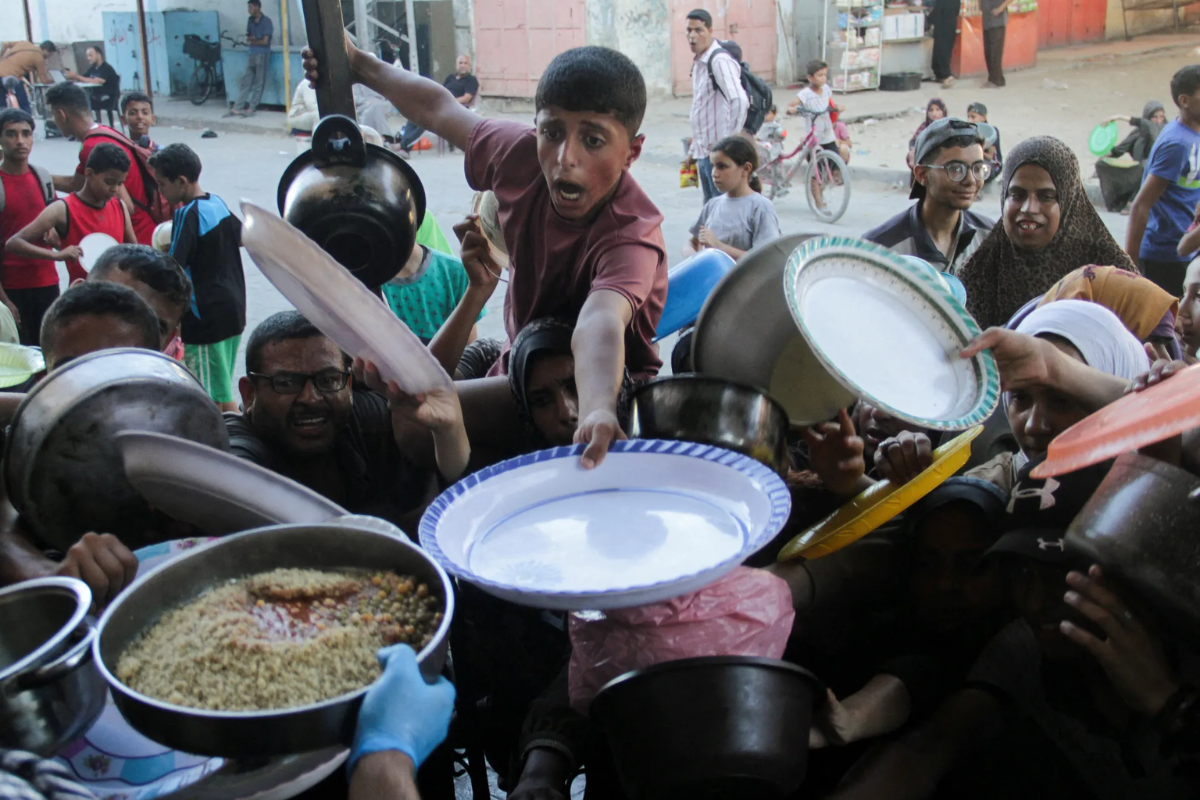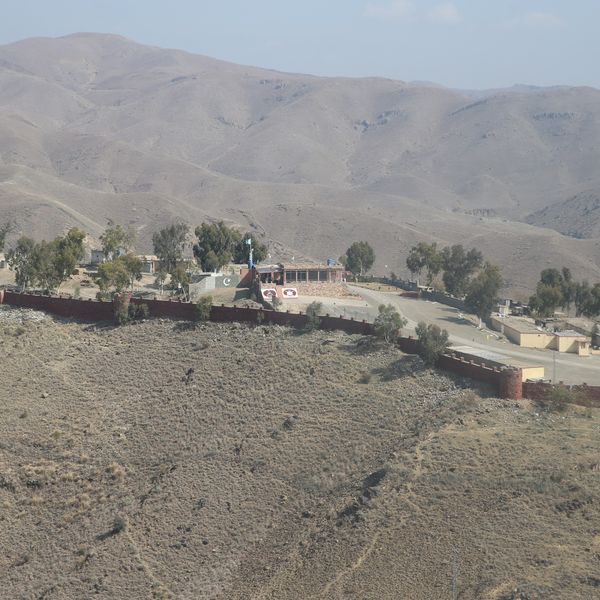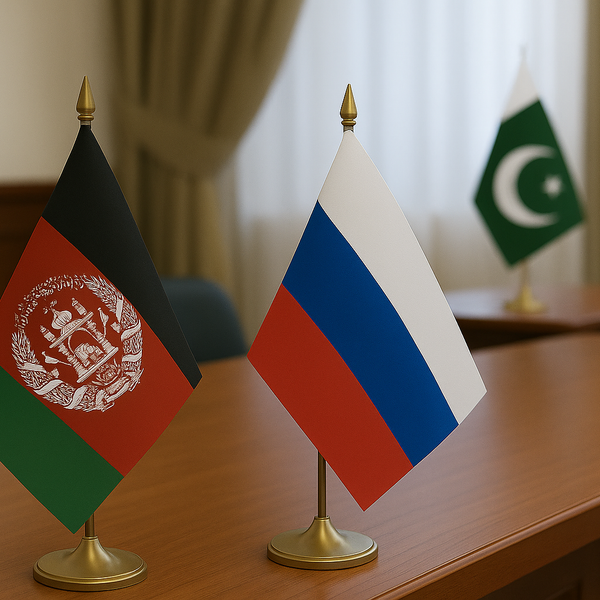Brazil launches global anti-hunger alliance before G20 summit
Initiative brings together developed nations, NGOs, and financial institutions to donate money and expertise to countries in need
Reuters
News Agency Partner
Reuters is a leading source of news and information, delivering fact-based reporting and expert analysis on international events and trends.

Palestinians receive food cooked by a charity kitchen during the Israel-Hamas war.
Reuters
Brazil launched the Global Alliance for Hunger and Poverty on Friday at the G20 Summit in Rio, a Brazilian government official said, with an initial 41 participating members pledging to lift 500 million people out of poverty through cash transfers and social protection systems.
The initiative brings together developed nations, NGOs, and financial institutions to donate money and expertise to countries in need. The intention is to remove all nations from the Food and Agriculture Organization's (FAO) hunger map by 2030.
Leaders of the G20 group of largest economies meet in Rio de Janeiro on Monday and Tuesday for their annual summit hosted by Brazil, whose government has made fighting world hunger a priority along with climate change and reforming multilateral governance.
Brazilian Minister of Social Development Wellington Dias told Reuters on Thursday that the alliance is likely to reach its 100-country target in the coming months, with more than 50 nations currently preparing plans to join.
"They have to present a plan with efficient, well-known projects that effectively reduce poverty," Dias said.
The official acknowledged existing mistrust between donors and recipients, citing concerns over concrete results and broken promises. "There's a mistrust of UN bodies," he said, adding that developed countries are perceived as doing too little. "So we need to create a buzz, and that's what we're doing," he added.
Dias said the issue was not lack of funds, as the world invests around $100 billion a year to fight poverty and hunger.
The problem is that investments are too fragmented and inefficiently allocated, he said. The World Bank estimates $179 billion will be needed to reach the target by 2030, he added.
Proposed initiatives include expanding cash transfer programs to reach 500 million people, providing school meals to an additional 150 million children and assisting 200 million children up to age 6 and pregnant women with health programs.
Countries such as Brazil, Ghana, Zimbabwe, Kenya, Chile, Indonesia, and the Dominican Republic have already presented their plans. Donors include Germany, France, the United Kingdom, Norway, Spain, the European Union, and institutions such as the World Bank, FAO, and World Food Programme.









Comments
See what people are discussing